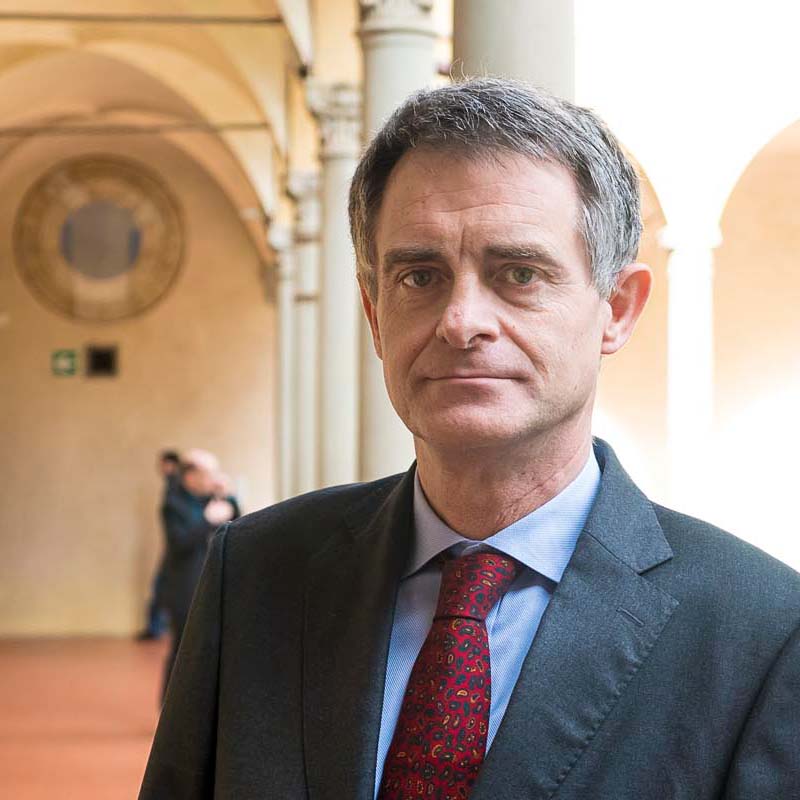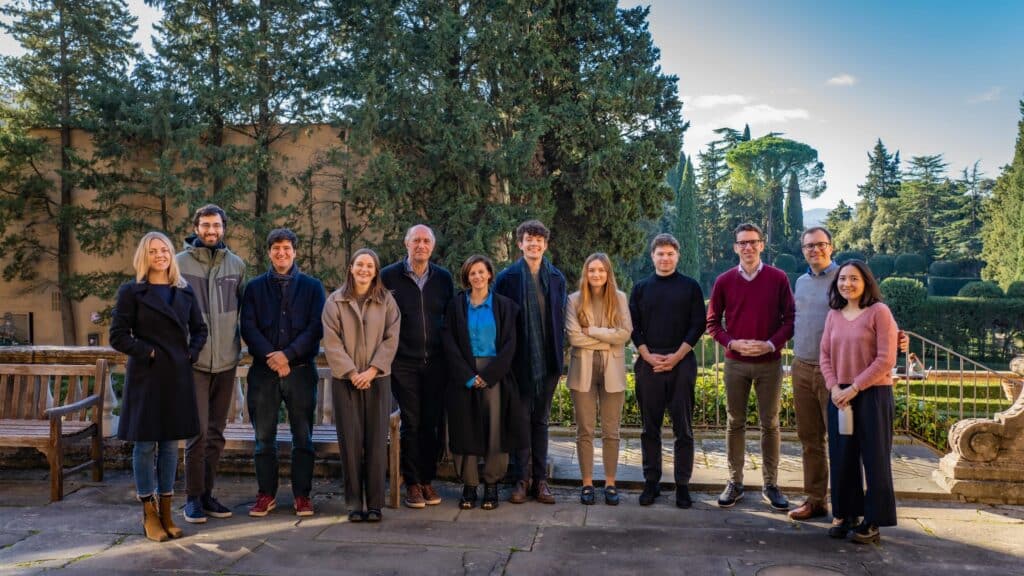Today the FSR hosts one of its regulatory policy workshop, belonging to the series directed by Alberto Pototschnig, FSR Advisor. Today’s workshop has been developed around the open question whether the concept of Market Coupling can be applied to the Internal Market for Gas.
A review and update of the Gas Target Model was presented by the Agency for the Cooperation of Energy Regulators (ACER) earlier this year. This model, in line with the main targets of a successful Internal Gas Market (IGM), would not only promote competition and fluidity but also suggest a “cooperative approach” among Member States in Europe to cope with possible supply disruptions.
Indeed, while the CAM NC substantially contributed to making gas capacity allocation more efficient, the issue of coordination between procurement of capacity and trading of the gas commodity still remains unsettled.
In the early stages of liberalization of the electricity market, the same issue of “lack of coordination” perceived drove market development towards market coupling. We will discuss today if there is an equivalent concept to “market coupling” in electricity which may favour integration of the IGM and make gas trading between hubs and across different zones really seamless?
This workshop will be structured in two sessions. Session I will review the basic features of market coupling and compares them with the current functioning of the IGM, especially with respect to trading within and between (entry-exit) zones. Accordingly to such conclusions, Session II will explore whether an equivalent concept to market coupling can be identified for the gas sector.
More than 40 participants are expected, coming from National Regulatory Authorities or donor companies of the Florence School.






